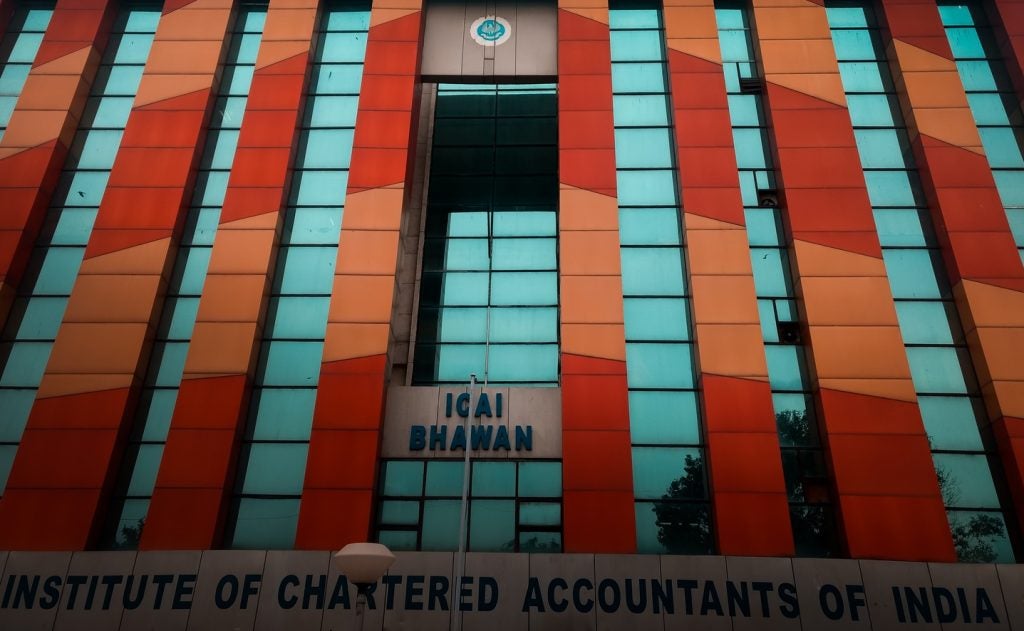
Number of wealthy taxpayers admitting unpaid tax on offshore income to HMRC jumps 35% to 4,443 in a year
The number of wealthy UK taxpayers admitting to unpaid tax on offshore assets has jumped 35% from 3,301 to 4,443 in the last year* says multinational law firm Pinsent Masons.
These figures represent the number of declarations made to the Worldwide Disclosure Facility, a system by which taxpayers owing tax to HMRC on offshore income can come forward and confess. This allows taxpayers to potentially receive reduced penalties and provided an accurate and complete disclosure is made, the risk of criminal prosecution is significantly reduced HMRC reserve criminal investigations where they need to send a strong deterrent message or where the taxpayers conduct is such that only a criminal sanction is appropriate.
Pinsent Masons says the increase in individuals admitting to unpaid tax on offshore assets is likely to be due to an HMRC campaign warning taxpayers that they have received information from tax authorities abroad. HMRC has sent out letters in the last 12 months asking taxpayers to sign a declaration asserting they do not owe any tax from offshore sources.
HMRC now receives information on taxpayers’ offshore assets from tax authorities abroad through the Common Reporting Standard. Information shared with HMRC includes taxpayers’ names, addresses and the amount received in offshore income. Over 100 countries and territories participate in the Common Reporting Standard, including historically popular tax havens such as Switzerland, Bermuda, the British Virgin Islands and the Cayman Islands.
Pinsent Masons says the letters will have prompted many taxpayers to confess that they owe additional tax – and that those who ignore the letters are inviting an investigation.
How well do you really know your competitors?
Access the most comprehensive Company Profiles on the market, powered by GlobalData. Save hours of research. Gain competitive edge.

Thank you!
Your download email will arrive shortly
Not ready to buy yet? Download a free sample
We are confident about the unique quality of our Company Profiles. However, we want you to make the most beneficial decision for your business, so we offer a free sample that you can download by submitting the below form
By GlobalDataSophie Warren, a tax investigations expert at Pinsent Masons says: “Hiding offshore income from the taxman gets harder each year. As more and more countries agree to share information about individuals, the chances of getting caught multiply.”
“The Common Reporting Standard has changed the game regarding offshore income sources. Increasingly, HMRC already has all the information it needs to prosecute thousands of people. These warning letters are really about giving people a final chance to come clean and receive a reduced penalty.”
Unlike previous arrangements for admitting hidden offshore income, under the Worldwide Disclosure Facility there is no reduction in penalties or immunity from criminal prosecution. The maximum penalty for failing to disclose offshore income is 200% of tax owed. The Finance Act of 2016 also created the criminal offence of failing to declare offshore income, carrying a possible prison sentence of up to 12 months.
The increase in the number of disclosures has seen the amount of additional revenue from offshore income increase 28% from £44.5m to £56.9m in the last year. Pinsent Masons says HMRC is likely to devote more attention to the issue of hidden offshore income now that investigative staff reallocated to the furlough scheme have returned to their primary roles.
Sophie Warren adds: “HMRC will be looking for as many additional income sources as possible to mitigate the impact of the pandemic. Going after hidden offshore income is likely to be high on their target list. As with any instance of unpaid tax, it is always better to get on the front foot and come forward rather than wait for HMRC to come knocking.”
*2020/21 tax year






